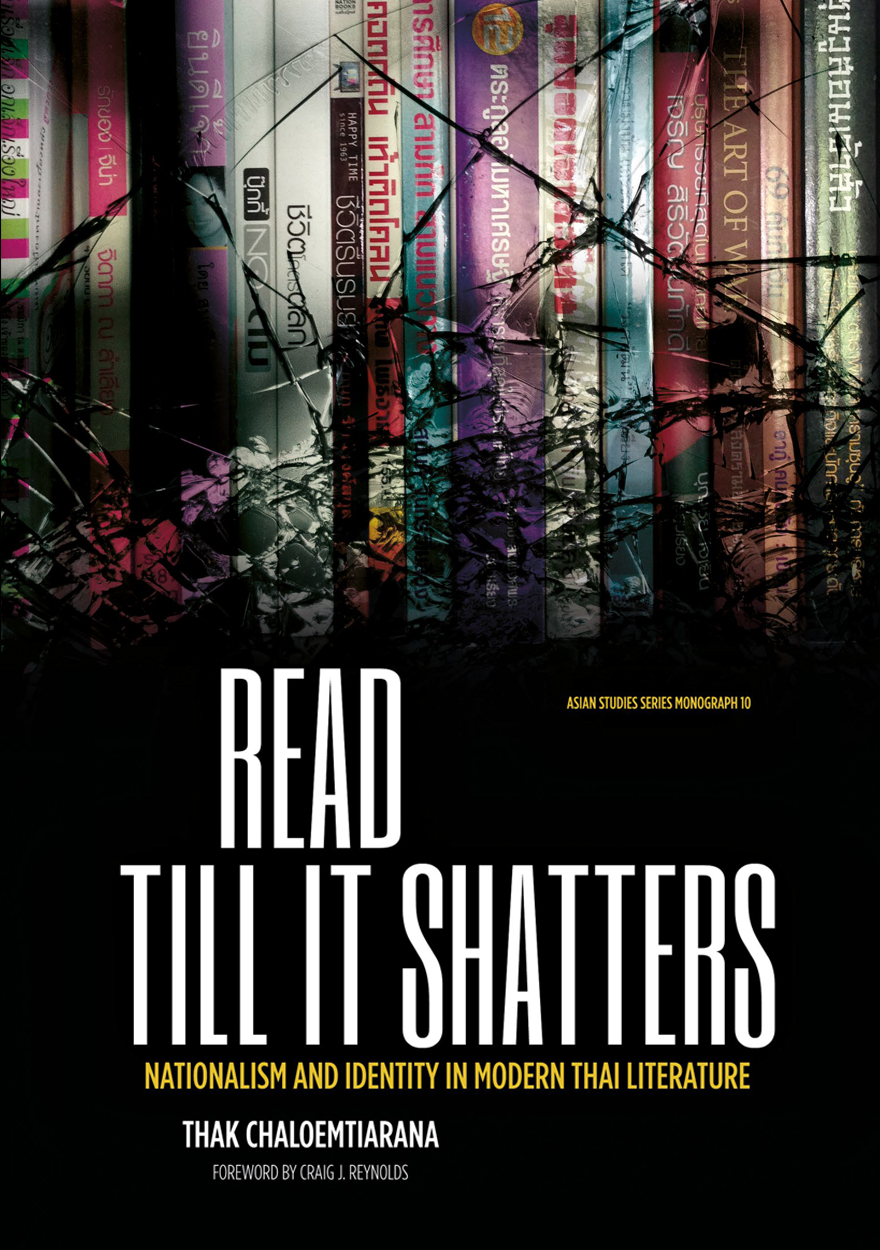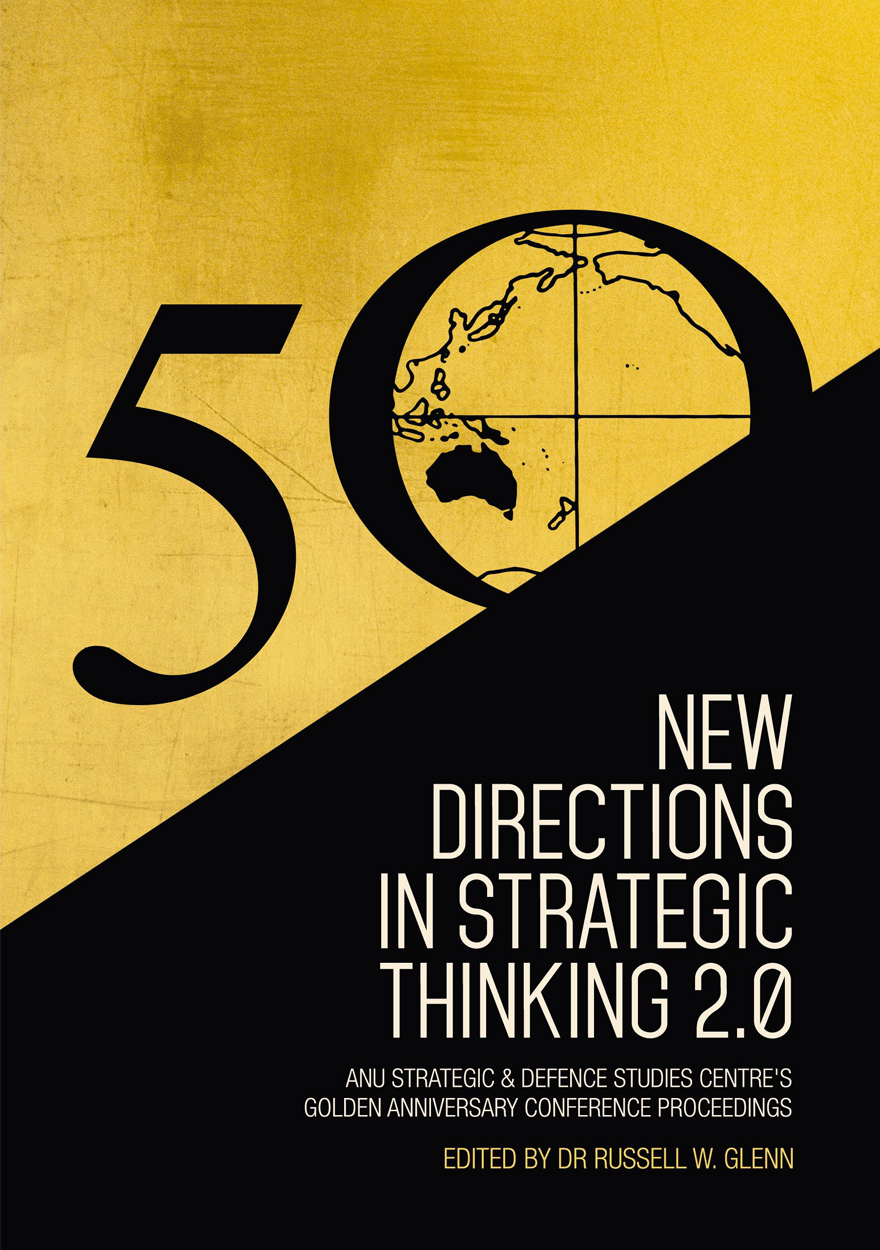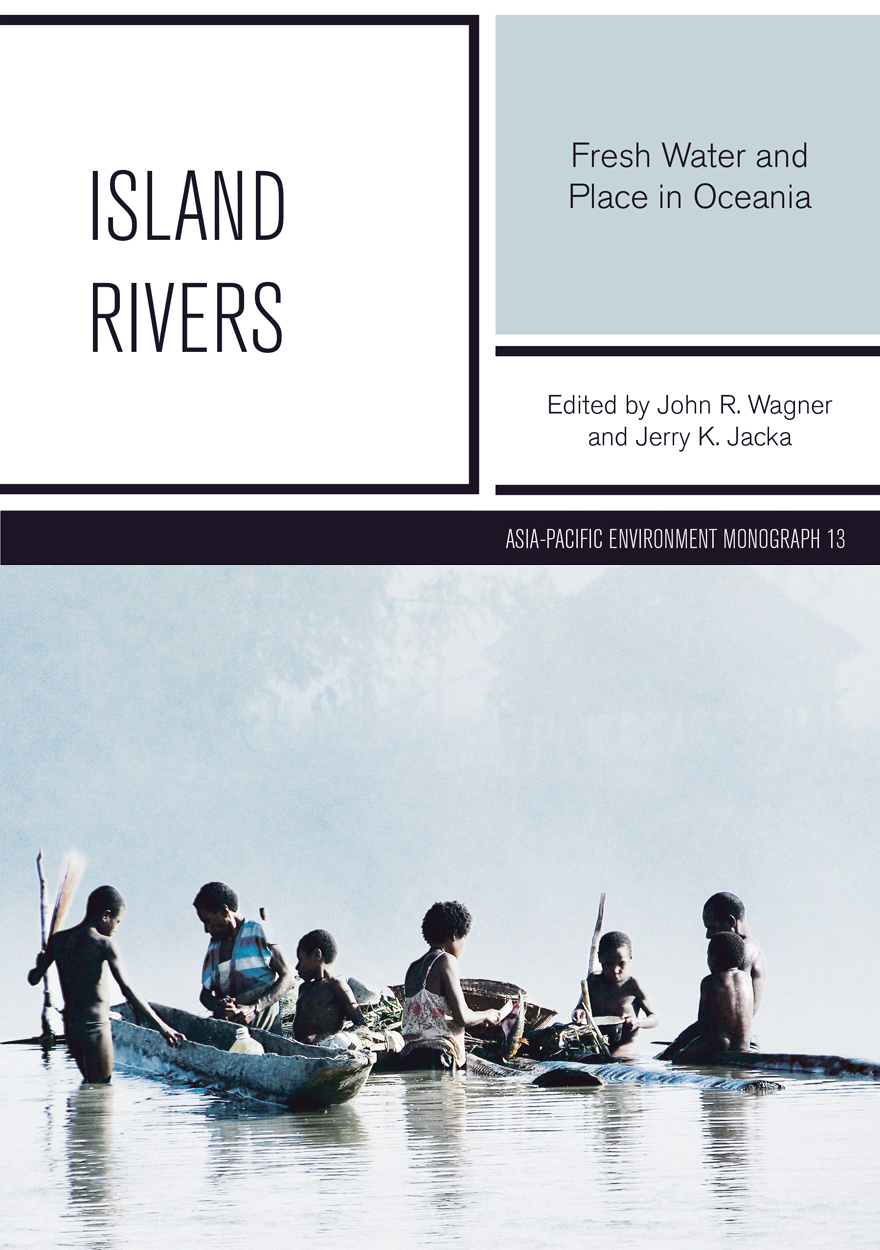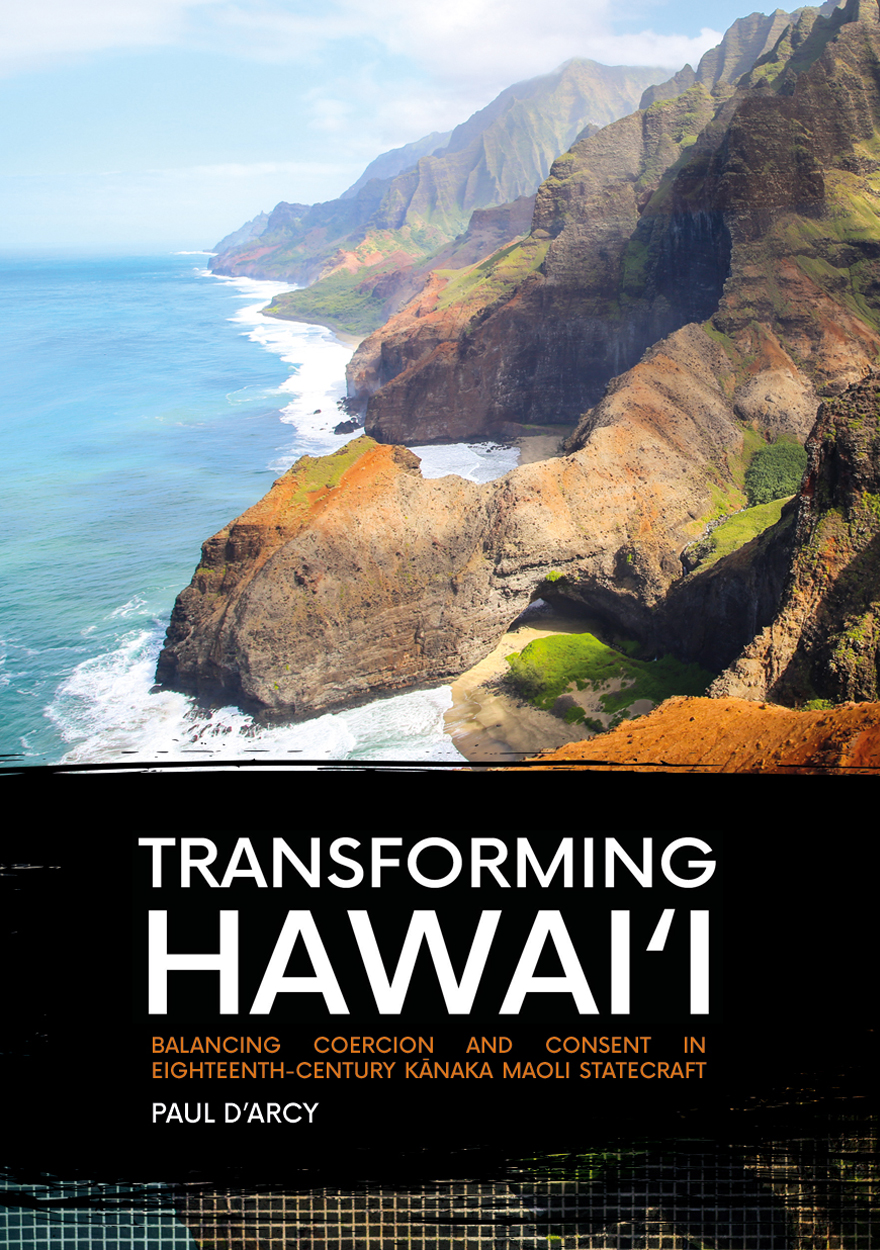Books
Browse or search ANU Press' range of books or find out more about the publications' authors and co-publishers. Download the book for free or buy a print-on-demand copy.
Displaying results 231 to 240 of 780.

The Australian Continent »
A Geophysical Synthesis
Publication date: August 2018
The Australian Continent: A Geophysical Synthesis is designed to provide a summary of the character of the Australian continent through the extensive information available at the continental scale, as a contribution to the understanding of Australia's lithospheric architecture and its evolution.
The results build on the extensive databases assembled at Geoscience Australia, particularly for potential fields, supplemented by the full range of seismological information, mostly from The Australian National University. To aid in cross comparison of results from different disciplines, information is presented with a common projection and scales.

Read till it shatters »
Nationalism and identity in modern Thai literature
Authored by: Thak Chaloemtiarana
Publication date: August 2018
This book introduces readers to modern Thai literature through the themes of modernity, nationalism, identity and gender. In the cultural, political and social transformations that occurred in Thailand during the first half of the twentieth century, Thai literature was one of the vehicles that moved the changes. Taking seriously ‘read till it shatters’, a Thai phrase that instructs readers to take apart the text, to break it down, to deconstruct it, Thak Chaloemtiarana challenges the Thai literary canon from the margins and suggests ways of expanding and enriching it.
Thai literature is scarce in translation and requires the skills of a scholar fluent in Thai to comprehend it. Thak is a political scientist turned literary scholar who is bilingual in Thai and English and an avid reader of Thai fiction by authors up and down the social scale. Here he offers lively insights into his favourite literary genres with fresh readings of early Thai novels, Sino-Thai biographies and memoirs of the rich and famous.
‘Thak Chaloemtiarana is an inquisitive man. Late in his career he switched from politics to literature. In these chapters, he draws on a lifetime of reading about writers and writing in Thailand over the past century. He nods towards the usual big names—King Vajiravudh, Luang Wichit, Kulap Saipradit, Kukrit Pramoj—but spends more time on those found in the lesser visited stacks of the libraries, the secondhand bookstalls, and the shelf by the supermarket checkout. His themes are familiar—Thailand and the West, Thai nationalism, the Thai-Chinese, and women under patriarchy—but the angles of vision are original. With a cast ranging from motor-racing princes through sexy Egyptian mummies and a feminist serial murderer to starlets touting breast-enhancement techniques, this book educates, enlightens, and entertains.’
— Dr Chris Baker, Bangkok-based author with Pasuk Phongpaichit, A History of Ayutthaya (Cambridge 2017)

Carl Strehlow’s 1909 Comparative Heritage Dictionary »
An Aranda, German, Loritja and Dieri to English Dictionary with Introductory Essays
Edited by: Anna Kenny
Publication date: August 2018
Carl Strehlow’s comparative dictionary manuscript is a unique item of Australian cultural heritage; it is a large collection of circa 7,600 Aranda, 6,800 Loritja (Luritja) and 1,200 Dieri to German entries compiled at the beginning of the twentieth century at the Hermannsburg Mission in central Australia. It is an integral part of Strehlow’s ethnographic work on Aboriginal cultures that his German editor Baron Moritz von Leonhardi published as Die Aranda- und Loritja-Stämme in Zentral-Australien (Strehlow 1907–1920) in Frankfurt. Strehlow and his editor had planned to publish a language study that included this comparative dictionary, but it remained unpublished until now due to a number of complicated historical and personal circumstances of the main characters involved with the dictionary.
Strehlow’s linguistic work is historically and anthropologically significant because it probably represents the largest and most comprehensive wordlist of Indigenous languages compiled in Australia during the early stages of contact. It is an important primary source for Luritja and Aranda speakers. Both languages are spoken in homes and taught in schools in central Australia.
The reasons for presenting this work as a heritage dictionary—that is, as an exact transcription of the original form of the handwritten manuscript—are to follow the Western Aranda people’s wishes and to maintain its historical authenticity, which will prove to be of great use to both Indigenous people and scholars interested in language.

Road Pricing and Provision »
Changed Traffic Conditions Ahead
Edited by: Michael de Percy, John Wanna
Publication date: July 2018
Road pricing is not a new concept—toll roads have existed in Australia since Governor Macquarie established one from Sydney to Parramatta in 1811—and distance-based charging schemes have been trialled and implemented with varying success overseas.
But how would full market reform of roads look in a federation like Australia? In its responses to the 2016 Australian Infrastructure Plan and the 2015 Competition Policy Review, the Australian Government explicitly supported investigating cost-reflective road pricing as a long-term reform option, and has committed to establishing a study chaired by an eminent Australian to look into the potential impacts of road pricing reform on road users. The challenges we face in this space are manifold and complex, and we still have a long road ahead of us. However, with advocacy for reform coming from interest groups as diverse as governments, private transport companies, peak industry bodies, policy think tanks and state motoring clubs, there is now more support than ever before for changing the way we provide for and fund our roads.
This book seeks to advance the road reform agenda by presenting some of the latest thinking on road pricing and provision from a variety of disciplinary approaches—researchers, economists and public sector leaders. It stresses the need for reform to ensure Australians can enjoy the benefits of efficient and sustainable transport infrastructure as our population and major metropolitan cities continue to grow. Traffic congestion is avoidable, but we must act soon. The works presented here all point to the need for change—the expertise and the technology are available, and the various reform options have been mapped out in some detail. It is time for the policy debate to shift to how, rather than if, road reform should progress.

The Neoliberal State, Recognition and Indigenous Rights »
New paternalism to new imaginings
Edited by: Deirdre Howard-Wagner, Maria Bargh, Isabel Altamirano-Jiménez
Publication date: July 2018
The impact of neoliberal governance on indigenous peoples in liberal settler states may be both enabling and constraining. This book is distinctive in drawing comparisons between three such states—Australia, Canada and New Zealand. In a series of empirically grounded, interpretive micro-studies, it draws out a shared policy coherence, but also exposes idiosyncrasies in the operational dynamics of neoliberal governance both within each state and between them. Read together as a collection, these studies broaden the debate about and the analysis of contemporary government policy.
The individual studies reveal the forms of actually existing neoliberalism that are variegated by historical, geographical and legal contexts and complex state arrangements. At the same time, they present examples of a more nuanced agential, bottom-up indigenous governmentality. Focusing on intense and complex matters of social policy rather than on resource development and land rights, they demonstrate how indigenous actors engage in trying to govern various fields of activity by acting on the conduct and contexts of everyday neoliberal life, and also on the conduct of state and corporate actors.

China’s 40 Years of Reform and Development: 1978–2018 »
Edited by: Ross Garnaut, Ligang Song, Cai Fang
Publication date: July 2018
The year 2018 marks 40 years of reform and development in China (1978–2018). This commemorative book assembles some of the world’s most prominent scholars on the Chinese economy to reflect on what has been achieved as a result of the economic reform programs, and to draw out the key lessons that have been learned by the model of growth and development in China over the preceding four decades. This book explores what has happened in the transformation of the Chinese economy in the past 40 years for China itself, as well as for the rest of the world, and discusses the implications of what will happen next in the context of China’s new reform agenda. Focusing on the long-term development strategy amid various old and new challenges that face the economy, this book sets the scene for what the world can expect in China’s fifth decade of reform and development.
A key feature of this book is its comprehensive coverage of the key issues involved in China’s economic reform and development. Included are discussions of China’s 40 years of reform and development in a global perspective; the political economy of economic transformation; the progress of marketisation and changes in market-compatible institutions; the reform program for state-owned enterprises; the financial sector and fiscal system reform, and its foreign exchange system reform; the progress and challenges in economic rebalancing; and the continuing process of China’s global integration. This book further documents and analyses the development experiences including China’s large scale of migration and urbanisation, the demographic structural changes, the private sector development, income distribution, land reform and regional development, agricultural development, and energy and climate change policies.

New Directions in Strategic Thinking 2.0 »
ANU Strategic & Defence Studies Centre's Golden Anniversary Conference Proceedings
Edited by: Russell W. Glenn
Publication date: July 2018
The Australian National University’s Strategic & Defence Studies Centre (SDSC) is Australia’s premier university-based strategic studies think tank. Fifty years after the Centre was founded in 1966, SDSC celebrated its continued research, publications, teaching and government advisory role with a two-day conference entitled ‘New Directions in Strategic Thinking 2.0’. The event saw the podium graced by many of the world’s premier thinkers in the strategic studies field. An evening between those tours to the lectern brought together academics, practitioners and other honoured guests at a commemorative dinner held beneath the widespread wings of the ‘G for George’ bomber in the Australian War Memorial—an event that included SDSC’s own Professor Desmond Ball AO making his last public appearance.
Since SDSC’s 25th anniversary, the world has seen the collapse of the Soviet Union and the end of the Cold War. Bipolarity gave way to the emergence of the United States as the world’s sole superpower, a status many now see as under threat. Both the nature of the threats and identity of individual competitors has changed in the interim quarter-century. Non-state actors are presenting rising challenges to national governments. Meanwhile, a diminished Russia and far more wealthy China seek to reassert themselves. Never before has the call for reasoned innovative security studies thinking been more pronounced. Rarely has a group so able to offer that thought come together as was the case in July 2016.
This book encapsulates the essence of this cutting-edge thinking and is a must read for those concerned with emerging strategic challenges facing Australia and its security partners.

Island Rivers »
Fresh Water and Place in Oceania
Edited by: John R. Wagner, Jerry K. Jacka
Publication date: June 2018
Anthropologists have written a great deal about the coastal adaptations and seafaring traditions of Pacific Islanders, but have had much less to say about the significance of rivers for Pacific island culture, livelihood and identity. The authors of this collection seek to fill that gap in the ethnographic record by drawing attention to the deep historical attachments of island communities to rivers, and the ways in which those attachments are changing in response to various forms of economic development and social change. In addition to making a unique contribution to Pacific island ethnography, the authors of this volume speak to a global set of issues of immense importance to a world in which water scarcity, conflict, pollution and the degradation of riparian environments afflict growing numbers of people. Several authors take a political ecology approach to their topic, but the emphasis here is less on hydro-politics than on the cultural meaning of rivers to the communities we describe. How has the cultural significance of rivers shifted as a result of colonisation, development and nation-building? How do people whose identities are fundamentally rooted in their relationship to a particular river renegotiate that relationship when the river is dammed to generate hydro-power or polluted by mining activities? How do blockages in the flow of rivers and underground springs interrupt the intergenerational transmission of local ecological knowledge and hence the ability of local communities to construct collective identities rooted in a sense of place?

Indigenous Mobilities »
Across and Beyond the Antipodes
Edited by: Rachel Standfield
Publication date: June 2018
This edited collection focuses on Aboriginal and Māori travel in colonial contexts. Authors in this collection examine the ways that Indigenous people moved and their motivations for doing so. Chapters consider the cultural aspects of travel for Indigenous communities on both sides of the Tasman. Contributors examine Indigenous purposes for mobility, including for community and individual economic wellbeing, to meet other Indigenous or non-Indigenous peoples and experience different cultures, and to gather knowledge or experience, or to escape from colonial intrusion.
‘This volume is the first to take up three challenges in histories of Indigenous mobilities. First, it analyses both mobility and emplacement. Challenging stereotypes of Indigenous people as either fixed or mobile, chapters deconstruct issues with ramifications for contemporary politics and analyses of Indigenous society and of rural and national histories. As such, it is a welcome intervention in a wide range of urgent issues. Second, by examining Indigenous peoples in both Australia and New Zealand, this volume is an innovative step in removing the artificial divisions that have arisen from “national” histories. Third, the collection connects the experiences of colonised Indigenous peoples with those of their colonisers, shifting the long-held stereotypes of Indigenous powerlessness. Chapters then convincingly demonstrate the agency of colonised peoples in shaping the actions and the mobility itself of the colonisers.
While the volume overall is aimed at opening up new research questions, and so invites later and even more innovative work, this volume will stand as an important guide to the directions such future work might take.’
— Heather Goodall, Professor Emerita, UTS

Transforming Hawai‘i »
Balancing Coercion and Consent in Eighteenth-Century Kānaka Maoli Statecraft
Authored by: Paul D’Arcy
Publication date: June 2018
This study examines the role of coercion in the unification of the Hawaiian Islands by Kamehameha I between 1782 and 1812 at a time of increasing European contact. Three interrelated themes in Hawaiian political evolution are examined: the balance between coercion and consent; the balance between general structural trends and specific individual styles of leadership and historical events; and the balance between indigenous and European factors. The resulting synthesis is a radical reinterpretation of Hawaiian warfare that treats it as an evolving process heavily imbued with cultural meaning. Hawaiian history is also shown to be characterised by fluid changing circumstances, including crucial turning points when options were adopted that took elements of Hawaiian society on paths of development that proved decisive for political unification. These watershed moments were neither inevitable nor predictable. Perhaps the greatest omission in the standard discourse on the political evolution of Hawaiian society is the almost total exclusion of modern indigenous Hawaiian scholarship on this topic. Modern historians from the Hawai‘inuiākea School of Hawaiian Knowledge at the University of Hawai‘i at Mānoa argue that political leadership and socioeconomic organisation were much more concensus-based than is usually allowed for. Above all, this study finds modern indigenous Hawaiian studies a much better fit with the historical evidence than more conventional scholarship.



